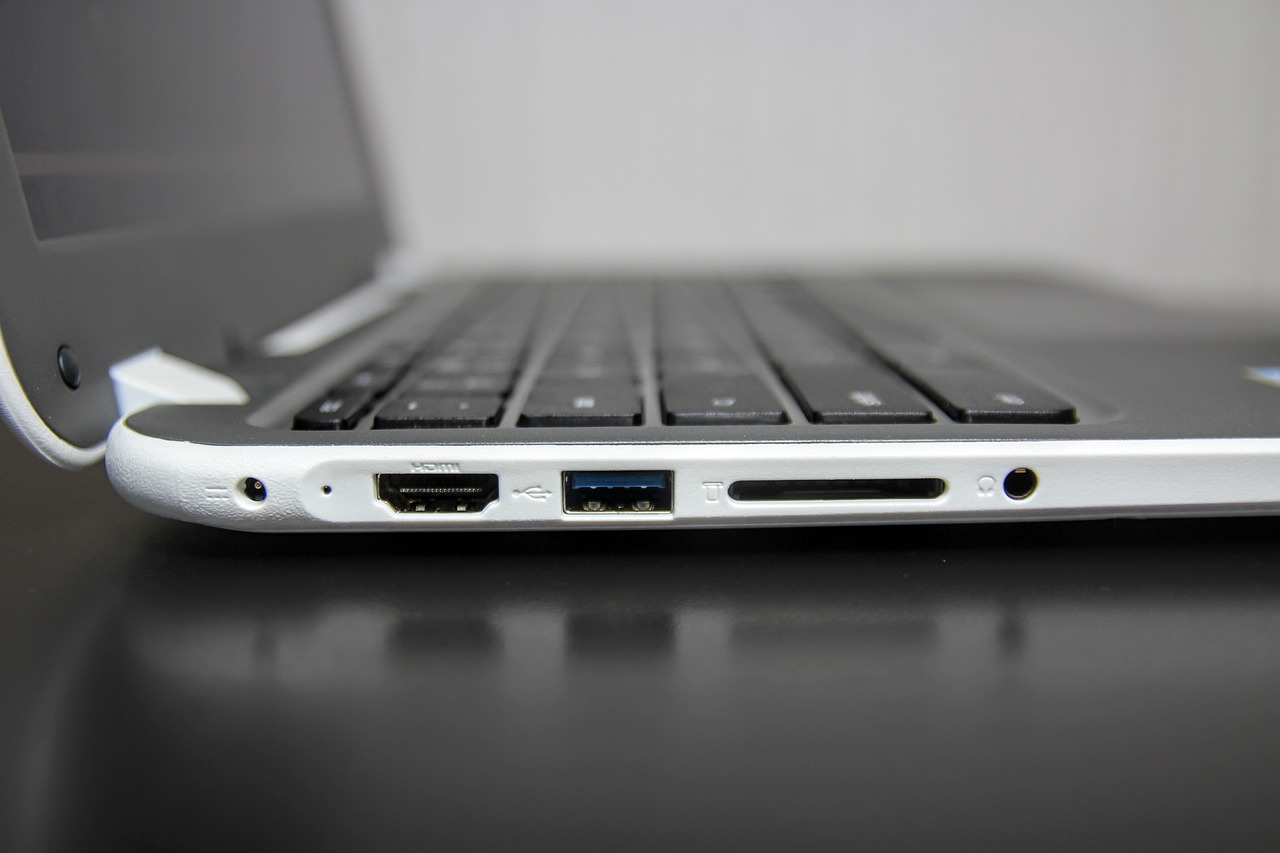I always view ChromeOS as a beacon of hope for the open-source desktop. Despite being controlled by a conglomerate, it empowered users to acquire a genuine Linux computer with the convenience of mainstream retailers. Although it didn’t boast high-end performance, it excelled in educational and business settings, when cloud-based operations prevailed.
It was functional, low cost and relatively efficient. The ChromeOS Flex project, is also significant as it can be installed on everything, allowing users to up-cycle old computers into capable cloud machines.
Today, I find Chromebooks the ideal machine for cloud computing, and even running blogs and administering websites. Although they do lack the user experience for high end tasks even with a Linux subsystem.
Merging ChromeOS with Android
The recent rumours of merging the Chrome OS platform with Android does raise come concerns of its future. Mostly, it can be off putting bringing back memories of the low-cost laptops and tablets that were once commonplace. I always found the user experience of Android tablets to be below-par compared to other systems. The apps were not meant for a good tablet user experience.
This is an area where iPadOS and Chrome OS were better suited to. In recent days, that Google wants to go create a desktop operating system that would allow Chromebooks to compete with the iPad. Apparently the next Pixel Book won’t run ChromeOS but Android.
We should, as always treat such rumour in the tech world with a pinch of salt. As we can remember, the last Pixel Book project was cancelled. And the Apple car., which also suffered a similar fate.

The implications, and the user experience
But let’s consider the implications of an Android project. The good is that it has the potential to evolve into a platform that will take on both Microsoft and Apple. And yes, as Android is indeed a Linux operating system it would still have that open sourced element.
But the user experience and potential of this operating system would depend largely on developers. There is going to be a need to create applications for a good user experience on larger screened devices rather than simply scaling up existing Android phone apps. And Google need to consider this as a major deciding factor.
Yes, you can run Android apps on Chromebooks but again, few have a good user experience and many applications don’t work at all. Another factor is how or if Linux desktop apps can be installed., also the current ChromeOS platform has its own appeal with its cloud apps, with the ability to install web applications much like desktop apps.
I had always hoped that Google embracing open sourced software would create a renaissance era, and a change in attitude of open sourced software. In a way that is happened driven by many factors, even Microsoft is using a Linux sub-system inside Windows. There is always hope.


Leave a Reply to Tech Cyborg Cancel reply